The much-anticipated interviews for the positions of IEBC Chairperson and Commissioners have officially commenced. This rigorous selection process aims to appoint the most qualified individuals to lead the Independent Electoral and Boundaries Commission (IEBC) and uphold the integrity of Kenya’s electoral system.
The Selection Process and Timeline
The selection panel, chaired by Nelson Makanda, has designed a structured interview process to ensure transparency and fairness. The interviews for the chairperson position will take place from March 24 to March 26, 2025, while the selection process for the six vacant commissioner positions will continue until April 24, 2025.
This selection follows the departure of former IEBC Chairperson Wafula Chebukati, whose tenure ended, leaving crucial leadership gaps in the commission.
Who Are the Key Candidates?
The competition for the IEBC Chairperson position has drawn a distinguished pool of candidates, including:
- Anne Amadi – Former Chief Registrar of the Judiciary
- Charles Nyachae – Former Chairperson of the Commission for the Implementation of the Constitution
- Francis Kakai Kissinger – Election and governance expert
- Joy Brenda Masinde-Mdivo – Legal and public administration specialist
- Jacob Ngwele Muvengei – Parliamentary governance expert
- Saul Simiyu Wasilwa – ICT and electoral process specialist
These candidates bring a wealth of experience, making the selection process highly competitive.
Legal Qualifications and Requirements
The Independent Electoral and Boundaries Commission Act and the 2010 Constitution of Kenya outline the qualifications for these roles:
- IEBC Chairperson: Must qualify to serve as a Supreme Court judge, requiring at least 15 years of legal experience.
- IEBC Commissioners: Must have a minimum of 10 years’ experience in areas such as electoral matters, governance, ICT, public administration, or related fields.
- All candidates must adhere to Chapter Six of the Constitution, which sets ethical and integrity standards for public officers.
Public Participation and Transparency
To promote transparency, the selection panel invited the public to submit memoranda regarding candidates’ suitability. This initiative allows Kenyans to participate in the vetting process by expressing their views on the integrity and competence of the shortlisted candidates.
Final Appointment Process
Once the interviews are completed, the panel will submit:
- Two names for the chairperson position
- Nine names for the commissioner roles
These names will be forwarded to President William Ruto, who will make the final appointments by selecting one chairperson and six commissioners.
Why This Selection Matters
With Kenya’s history of highly contested elections, the IEBC plays a critical role in ensuring free, fair, and credible elections. The selected officials will be responsible for:
- Overseeing general elections and by-elections
- Managing voter registration
- Ensuring electoral integrity and credibility
- Enhancing public trust in the electoral process
Given the politically charged nature of elections in Kenya, these appointments will shape the country’s democratic future.
Join the Conversation!
What are your thoughts on the IEBC selection process? Do you think the shortlisted candidates have what it takes to lead the commission effectively? Share your views in the comments below! Let’s discuss how these appointments could impact the future of Kenya’s electoral democracy.
Stay updated with Legal Express Kenya for more insights into Kenyan law, governance, and elections!


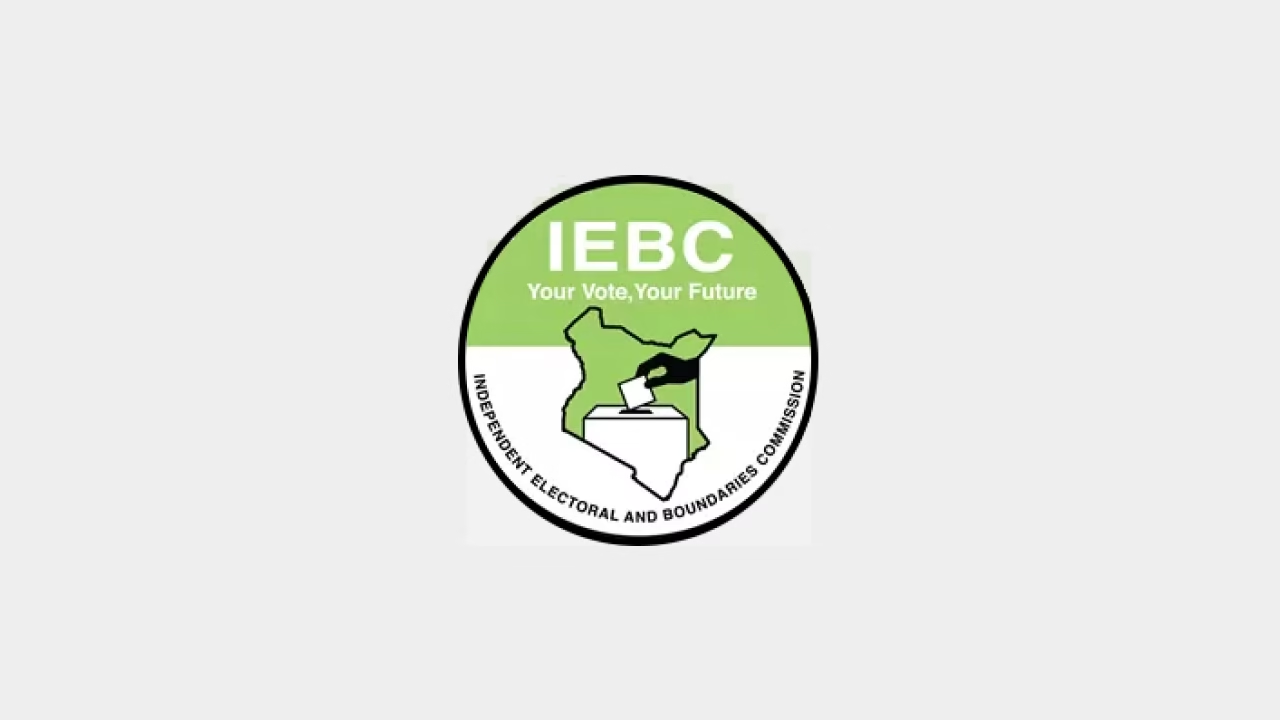




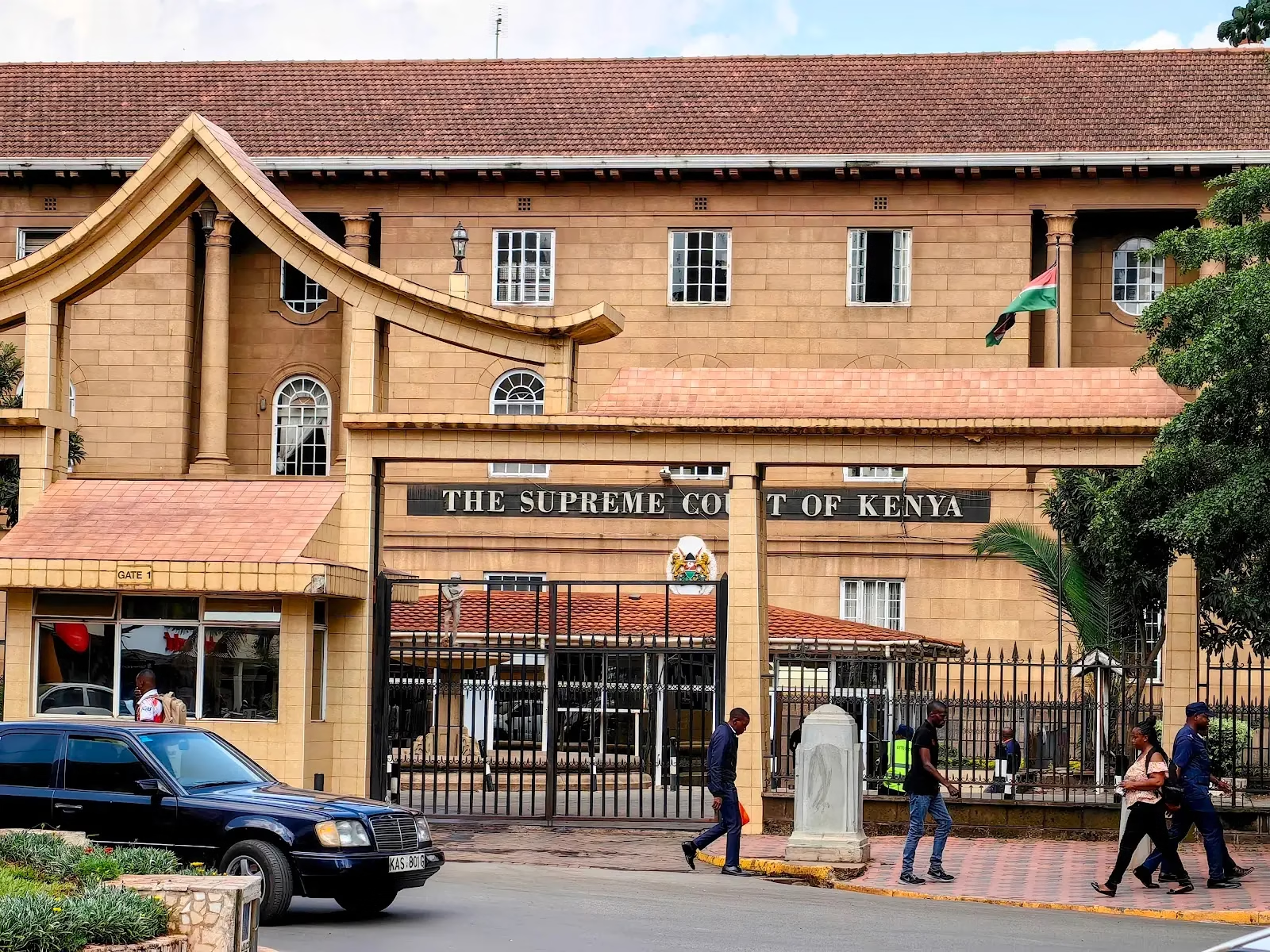


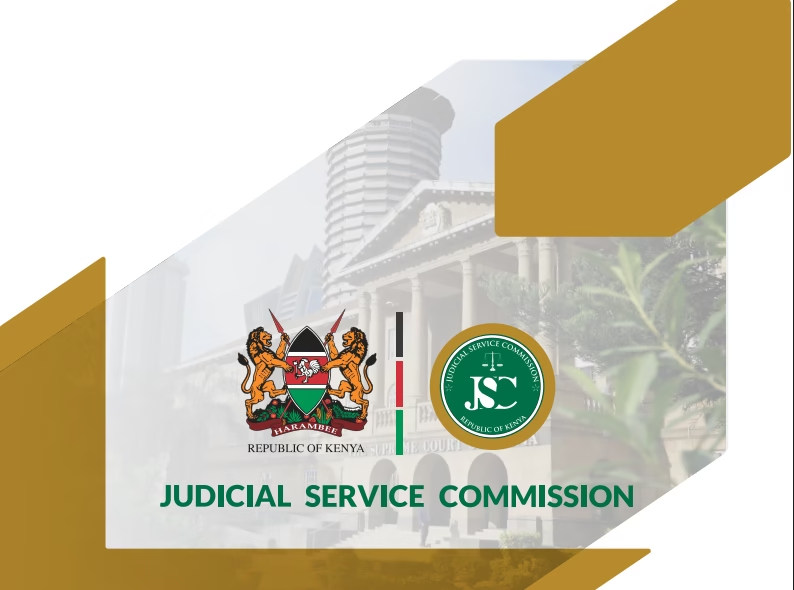


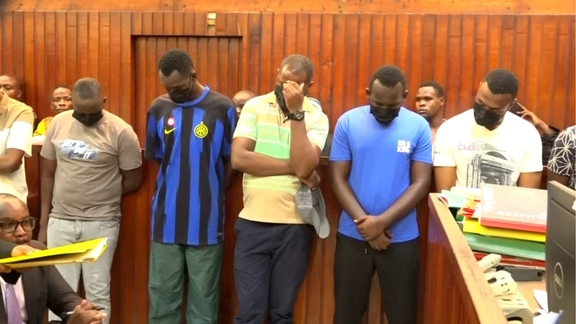
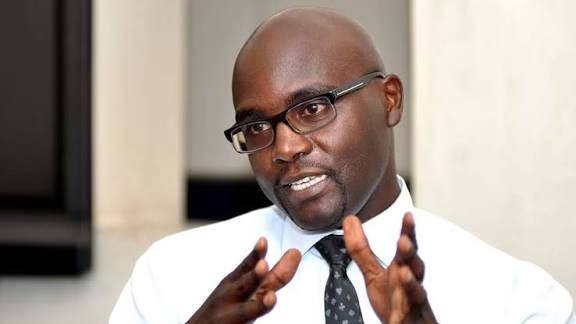


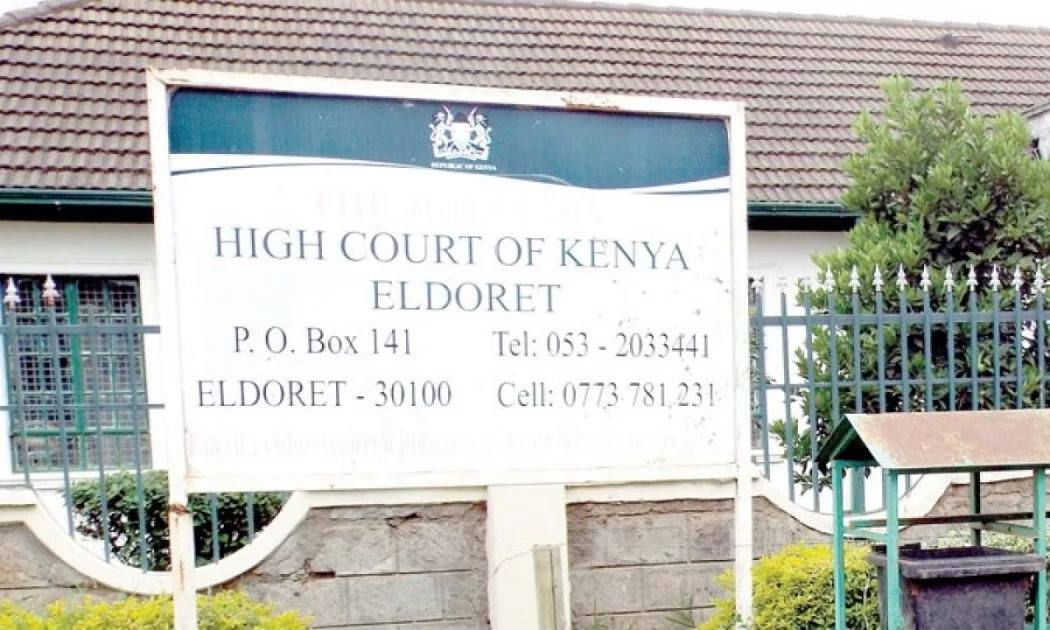

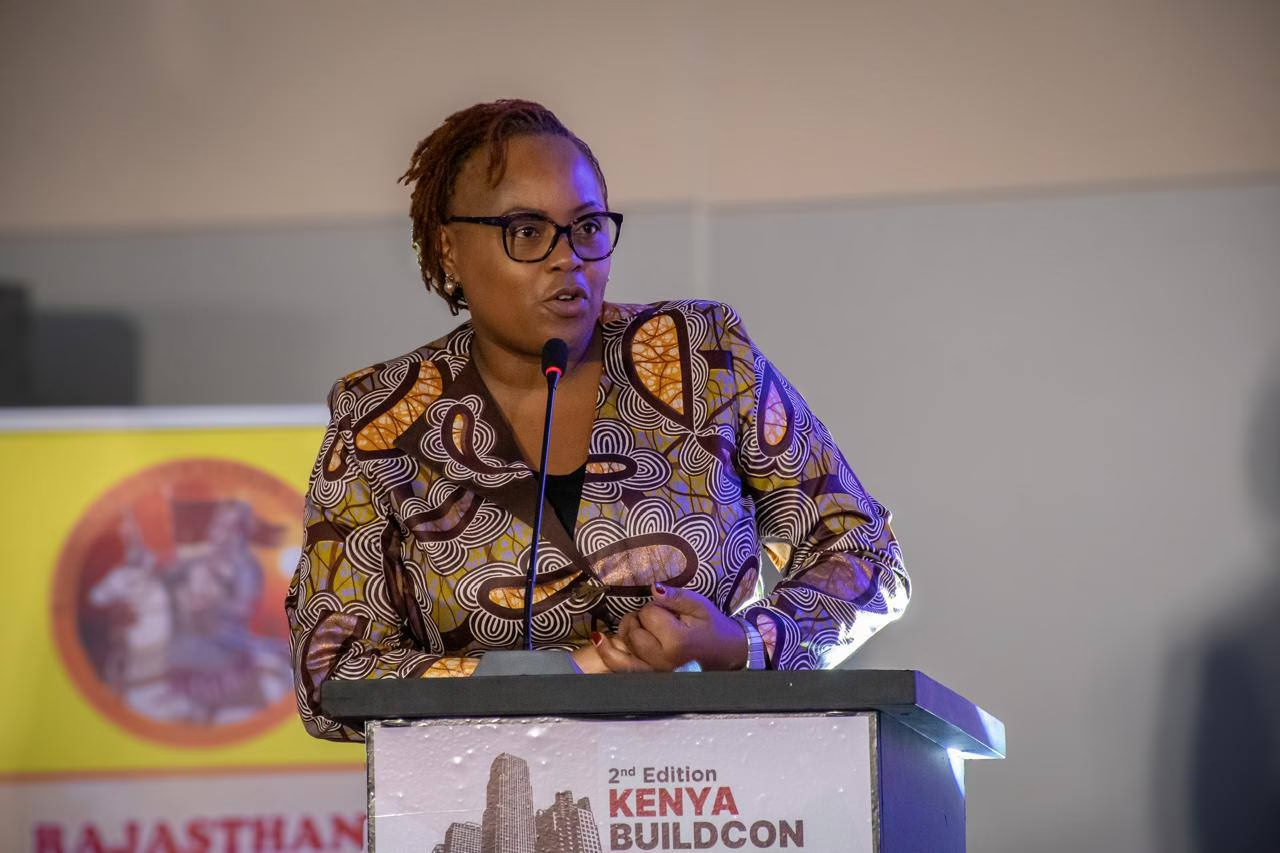
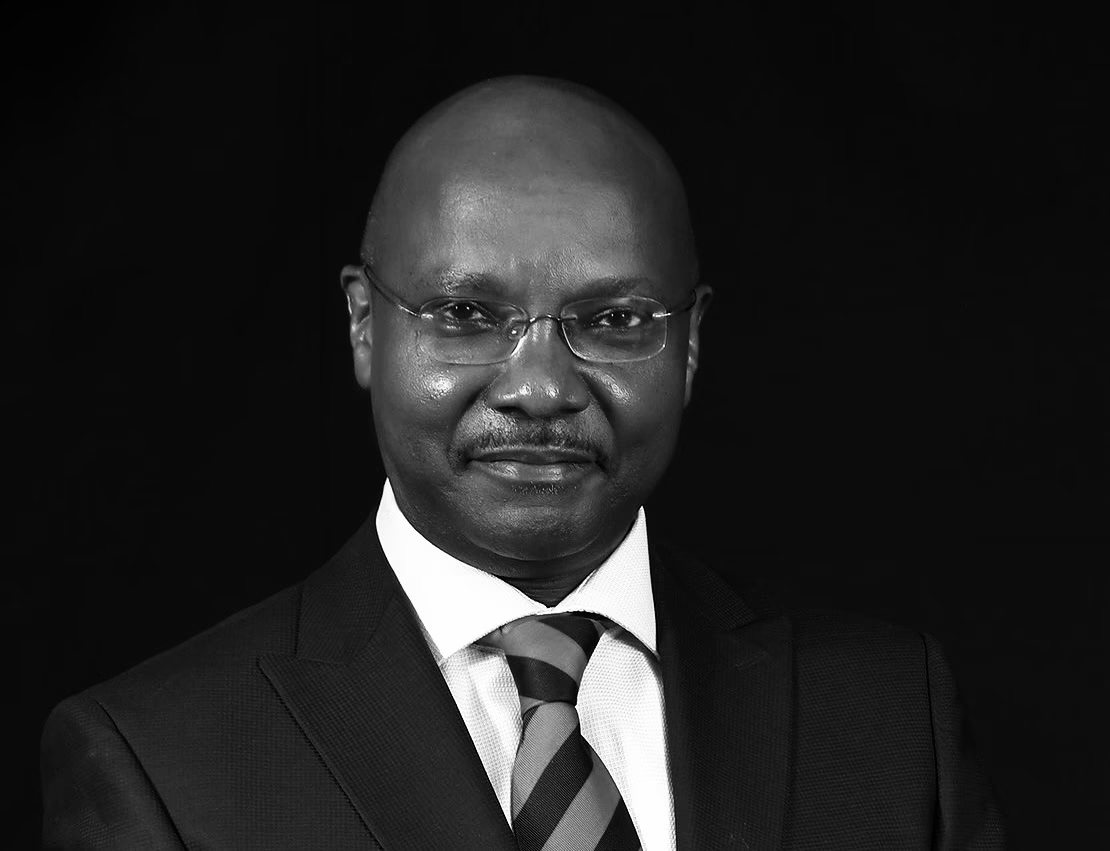
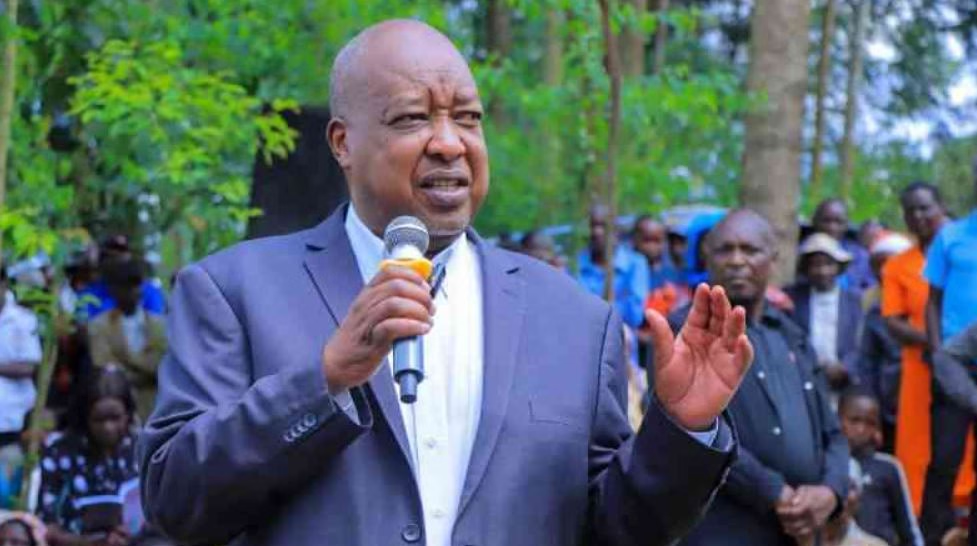
Leave a Reply